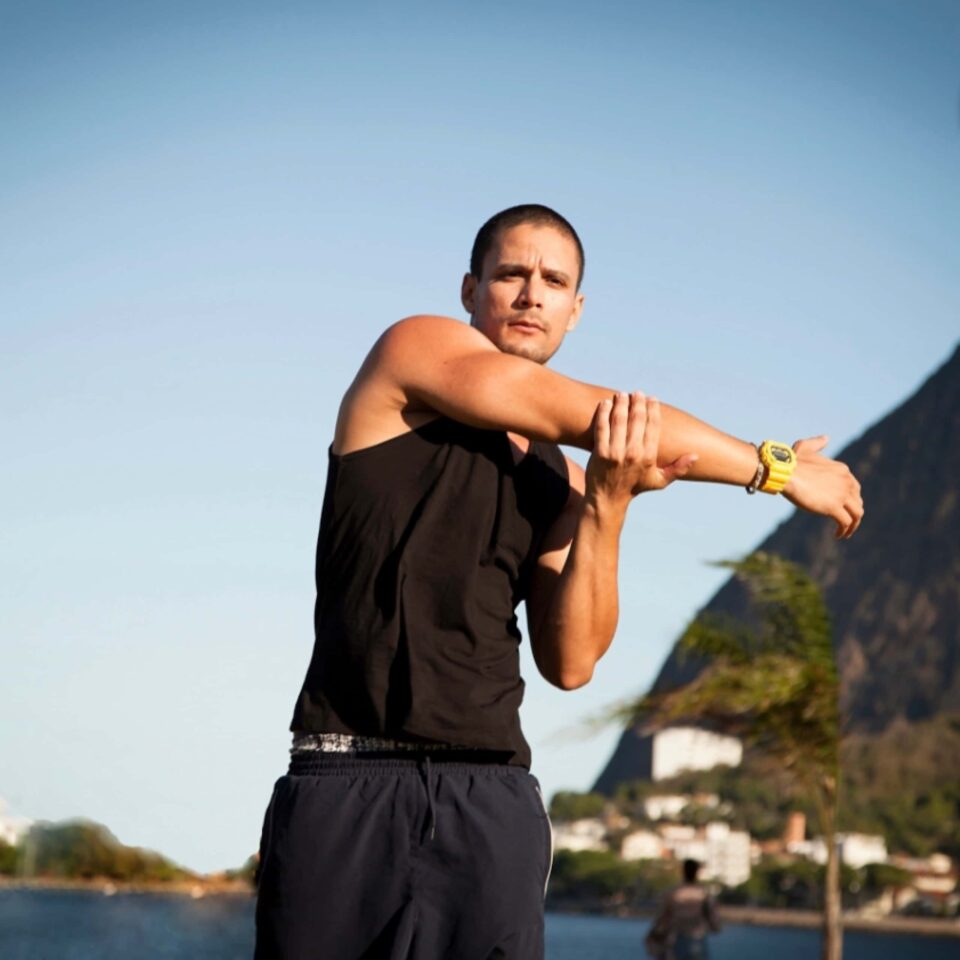They say that the harder your workout, the cooler your cool down should be. Here are 7 ways for you to level up your recovery game.
While finding the right workout routine can be incredibly gratifying, finding the right ways to cool down after every workout may be just as satisfying.
The cool-down portion of a workout is as vital as the hard work. Not only does a good cooldown help your body relax right after pushing hard, but more importantly, doing so will help you level up and get stronger in the long run.
So, here are seven ways you should cool down after every workout:
1. Hydrate, hydrate, hydrate
Hydration cannot be stressed enough, especially during the summer months.
Every time you work out, your body temperature rises, and your body will naturally respond to this by sweating to cool down, preventing overheating. Because of this, you need fluids before, during, and after every session to replace the water that gets lost in the process.
Water is the best beverage companion for any workout. But, for a little extra push in replenishing your water and to further prevent cramps and exhaustion, you can go for other electrolyte-filled drinks, such as coconut water.
2. Gradually slow down
After every workout, you shouldn’t stop moving abruptly. Whether you’re running, boxing, biking, or playing a ball game, spend a few extra minutes after your session just walking it out or cycling through slow movements.
Most workouts will get your heart rate pumping hard. So, taking a quick walk or maintaining some form of gentle, active movements will make sure that your heart rate goes down at a good rate while keeping the blood flowing.
Doing this will also prevent the buildup of lactic acid, which is what causes soreness after workouts.
3. Stretch and breathe
We know — sometimes, it feels like we can skip the stretches. But, as rushed as you might be, you need to take time to do at least a few stretches after every workout.
Intense workouts will cause your muscles to work, and thus, contract. Because of this, you will need to stretch your muscles in order to relax the muscles and prevent stiffness. While you’re at it, do some breathing exercises too. Take deep breaths as you stretch, signaling your body that it’s time to relax.
Trust us, your body will thank you for taking the time to stretch the next morning.
4. Refuel
We know that sometimes after a tough workout, all we want to do is reward ourselves with a cheat-day meal. But, for optimal recovery, make sure you eat a balanced meal after exercising.
A balanced meal includes high protein, healthy carbs, and fruits or vegetables. Protein will help repair your muscles faster, carbs will help your body restore glycogen for quicker recovery, and fruits or vegetables can help replenish your nutrients for different aspects of your health.
As an example, you can go for lean sources of protein such as chicken breast, healthy carbs such as whole grains, and dark leafy vegetables.
5. Take a cold shower
Working out exerts your body in a number of ways, and taking cold showers is one of the most effective ways to cool down from this.
Cold showers increase blood circulation in the body to help with recovery, cool down your body temperature for relaxation, and reduce muscle soreness after a workout.
Plus, the shock of the cold water hitting your body will give you a boost of alertness that you might need after draining your energy.
6. Massage those muscles
Massages are one of the best ways to cool down after exercising, and we don’t just mean a deep, hour-long massage every time (but wouldn’t that be great?).
There are different ways that you can massage your muscles that don’t take a lot of effort or time. You can use a foam roller or a pulsing machine to stimulate blood flow. This will promote quicker recovery and relaxation and prevent delayed onset muscle soreness.
7. Get quality sleep
When you hit the sack at the end of the day, do your best to make sure that you’re set up for a good night’s sleep.
Getting sufficient sleep — hitting around seven to nine hours for an average adult — will give your body the proper time to recover from an active lifestyle. Conversely, slacking on sleep might lead to less energy and strength in the long run.
You work hard. So, you should give your body and brain the time to soak in all the benefits of your active lifestyle with some downtime, too.
Banner image from AFP.
Related Stories:
Cross-training: Get stronger on the court with these off-court exercises
Running accessories that will *totally* make you faster
5 tips to hone your basketball skills from trainer Kyle Travis
